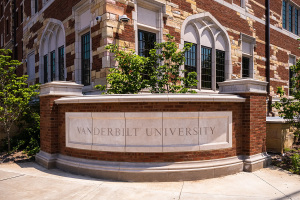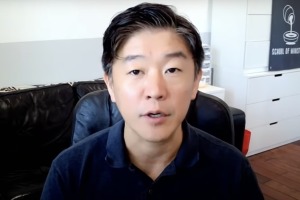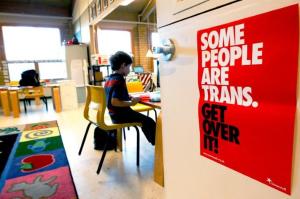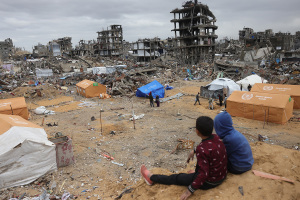Southern Sudanese Christians Fear Forced Repatriation
Khartoum gives them until Sunday to apply for citizenship or be deported.
JUBA, South Sudan – Christians from South Sudan who have until Easter Sunday (April 8) to try to become citizens of Sudan or be deported fear authorities will use the occasion to rid the country of Christianity, church leaders said.
More than 500,000 citizens of southern ethnic origin who have been living in Sudan for decades – some of them born there – will be considered foreigners after Sunday. Human rights organizations have called on Khartoum to grant them more time to either leave or apply for citizenship.
Christian leaders expressed concern that local media such as the daily Al Intibaha newspaper have been stoking hatred against predominantly Christian southern Sudanese, describing them as "cancer cells in the body of Sudan, the land of the Arab and Islam," and calling on the government to deport them.
"The local media are becoming very hostile toward us who are still in the north," one Christian told Compass by phone on condition of anonymity.
Gov. Ahmad Abbass of Sennar state in central Sudan vowed to deport southern Sudanese from his state "without regret," according to Alsahafa, an Arabic daily. Banners have appeared in Khartoum streets calling on the government and Muslims in general to harass and expel southern Sudanese, some of whom are also Muslims.
"Why are they still here? The government should expel them from the country," one banner asserts.
South Sudan seceded from Sudan in a referendum last July 9. The government of Sudan has begun issuing national numbers to designate citizens of Sudan, denying the designation to Sudanese of southern origin. Without a national number, southern Sudanese have no citizenship rights to work or education.
Churches in Sudan have already suffered losses in numbers as many members prepare for forced repatriation, Christian leaders said.
"We are monitoring the situation and praying to God to protect us," said a church leader who spoke on condition of anonymity.
As Sudanese President Omar al-Bashir has pledged to base the new Sudan more deeply on sharia (Islamic law), ethnic southerners are faced with a difficult choice, Elizabeth Kendal writes in the Religious Liberty Prayer Bulletin.
"The message essentially is this: Submit to sharia or get out," she writes. "Churches may well be targeted immediately and aggressively, starting 9 April. All across the Sudan, churches have
been emptying as ethnic southerners – including those born and raised in the north – flee south. This could eventually become a pretext for closing them."
At the same time, police have been mistreating some of the more than 113,000 southern Sudanese who are living in open spaces in Khartoum after having fled conflict in South Sudan. Officers have removed their make-shift housing, including temporary latrines, according to Jovana Luka, deputy chairperson of the Relief and Rehabilitation Commission in South Sudan, who recently returned from Khartoum.
Southern Sudanese may not be welcome in South Sudan, either, as increased competition for scarce resources leads to greater tribal conflict, and their fate depends on the mercy of both the Sudan and South Sudan governments, the Rev. Karlo Aika of Khartoum's St. Peter and Paul Catholic Church told 98.6 FM radio station on Sunday (April 1).
He said he was concerned about security for southern Sudanese whether they stay or return to South Sudan.
"We fear too because we do not know why these things are happening," he said.





























